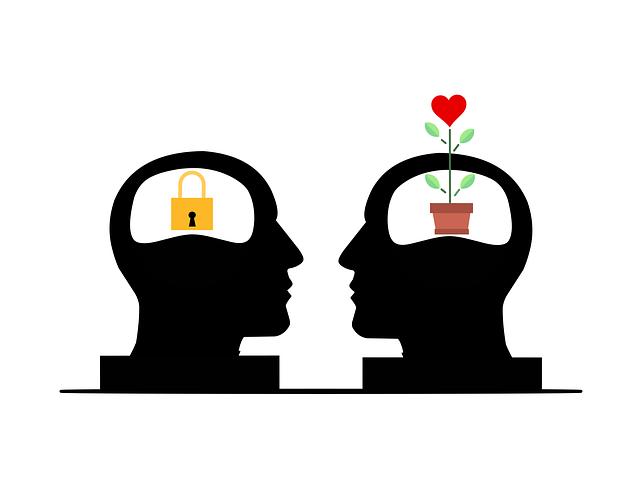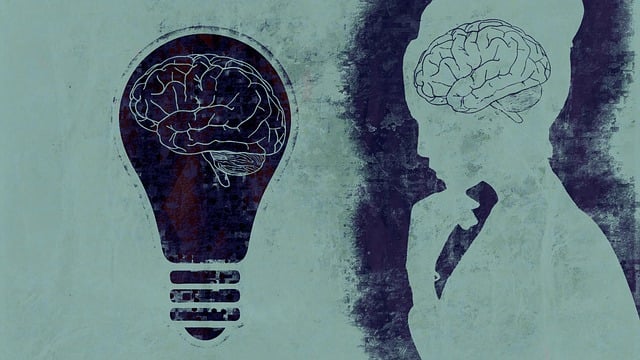Therapy for American Sign Language (ASL) users focuses on coping skills and emotional well-being through specialized services catering to the unique needs of the deaf community. By addressing cultural nuances, sign language proficiency, and stress reduction techniques tailored to non-verbal communication, effective ASL therapy promotes holistic mental health. Individualized assessments help identify specific challenges, enabling clients to develop personalized coping strategies and self-care routines for stress management. Support networks, including support groups, play a vital role in fostering resilience and preventing mental health issues among ASL users.
Coping skills development is an essential aspect of mental well-being, especially within the unique context of the American Sign Language (ASL) community. This article explores various strategies to enhance resilience and navigate stress. We begin by delving into the foundational understanding of coping skills, followed by the significant role therapy plays in supporting mental health within the ASL community. By identifying individual needs, personalizing coping strategies, adopting effective stress management techniques, and building supportive networks, individuals can foster growth and overall well-being.
- Understanding Coping Skills: A Foundation for Well-being
- The Role of Therapy in ASL Community: Supporting Mental Health
- Identifying Individual Needs: Personalized Coping Strategies
- Effective Techniques for Stress Management and Resilience
- Building a Supportive Network: Fostering Connection and Growth
Understanding Coping Skills: A Foundation for Well-being

Understanding Coping Skills is a foundational step towards achieving and maintaining well-being, especially for individuals navigating life’s challenges using Therapy for American Sign Language (ASL). These skills are adaptive strategies that help people manage stress, cope with difficult emotions, and maintain a sense of balance. In the context of ASL therapy, developing effective coping skills can empower deaf or hard-of-hearing individuals to navigate their unique mental health journeys.
The Mind Over Matter Principles emphasize the power of cognitive processes in shaping emotional responses, offering valuable guidance for those engaging in Mental Wellness Journaling Exercises. By documenting thoughts and feelings, individuals can gain insights into triggers, develop healthier thinking patterns, and improve mood management—essential components of overall mental wellness. This proactive approach to mental health fosters self-awareness, enabling individuals to choose positive coping mechanisms that align with their cultural backgrounds and personal preferences.
The Role of Therapy in ASL Community: Supporting Mental Health

In the ASL community, therapy plays a pivotal role in supporting and enhancing mental health. With specialized services tailored to meet the unique needs of deaf individuals, therapists can provide a safe and inclusive environment for open communication. Therapy for American Sign Language (ASL) communities goes beyond basic translation; it focuses on addressing cultural sensitivities, sign language proficiency, and the specific challenges faced by deaf individuals in navigating daily life and managing their mental wellness.
Effective therapy within the ASL community offers stress reduction methods that cater to non-verbal communication styles, ensuring a holistic approach to mental health care. Mental wellness is not just about treating symptoms; it involves fostering resilience and coping skills tailored to the individual’s cultural context. Moreover, risk management planning for mental health professionals working with deaf clients is essential to ensure competent and sensitive care, leading to better outcomes in therapy sessions.
Identifying Individual Needs: Personalized Coping Strategies

Identifying Individual Needs is a crucial step in developing effective coping skills. Every individual has unique experiences and circumstances that shape their ability to cope with stress, anxiety, or trauma. In the context of American Sign Language (ASL) therapy, this personalization becomes even more vital. ASL therapists must understand the specific challenges faced by deaf individuals, such as access to mental health services tailored to their cultural and linguistic needs. Through comprehensive assessments, therapists can uncover personal triggers, emotional patterns, and coping mechanisms that are inherently connected to the individual’s identity and experiences.
This process involves engaging in Self-Awareness Exercises that encourage clients to reflect on their thoughts, emotions, and behaviors. By fostering a deeper understanding of oneself, individuals can better recognize when they need support and select appropriate coping strategies. Additionally, Public Awareness Campaigns Development can play a role by educating the broader community about mental health issues affecting deaf populations, reducing stigma, and promoting early intervention. Furthermore, Risk Management Planning for Mental Health Professionals is essential to ensure therapists are equipped to handle complex cases and provide the highest level of care tailored to each client’s unique needs.
Effective Techniques for Stress Management and Resilience

In today’s fast-paced world, effective stress management and resilience are essential components of overall well-being. For individuals who utilize American Sign Language (ASL) as their primary mode of communication, navigating stressful situations can be uniquely challenging. Therapy for ASL users often incorporates tailored coping skills development to enhance emotional regulation and build mental fortitude. One powerful technique is the integration of communication strategies that allow individuals to express their feelings and needs in a clear and assertive manner, reducing potential sources of stress.
Self-care routine development for better mental health plays a crucial role in fostering resilience. This involves setting aside dedicated time for activities that promote relaxation, such as mindfulness exercises, engaging in creative pursuits, or practicing compassion cultivation. By incorporating these practices into their daily lives, ASL users can improve their ability to cope with stress and develop a stronger sense of emotional balance. Such strategies not only contribute to personal growth but also enhance overall communication effectiveness within both personal and professional settings.
Building a Supportive Network: Fostering Connection and Growth

Building a supportive network is an essential aspect of coping skills development, particularly for those seeking therapy for American Sign Language (ASL) communication needs. Connecting with like-minded individuals who understand the unique challenges of ASL users can foster a sense of belonging and growth. Support groups or communities dedicated to deaf or hard-of-hearing individuals offer a safe space to share experiences, exchange ideas, and learn from one another. These connections can enhance well-being and provide valuable support systems, acting as a powerful tool in depression prevention and stress management.
Within these networks, individuals can explore various communication strategies, ensuring effective expression and understanding. By participating in workshops or organizations focused on stress management, members gain access to practical tools and techniques to navigate life’s challenges. These gatherings encourage open dialogue, fostering personal growth and resilience while creating a supportive environment that encourages both emotional and linguistic development.
Coping skills development is an essential aspect of mental health, especially within the ASL community. By understanding individual needs and leveraging effective techniques like personalized coping strategies and stress management, individuals can build resilience. The role of therapy in the ASL community cannot be overstated; it provides a supportive space to navigate challenges and fosters personal growth. Incorporating these strategies promotes well-being and strengthens support networks, ensuring a more balanced and fulfilling life for all members of the American Sign Language community.














